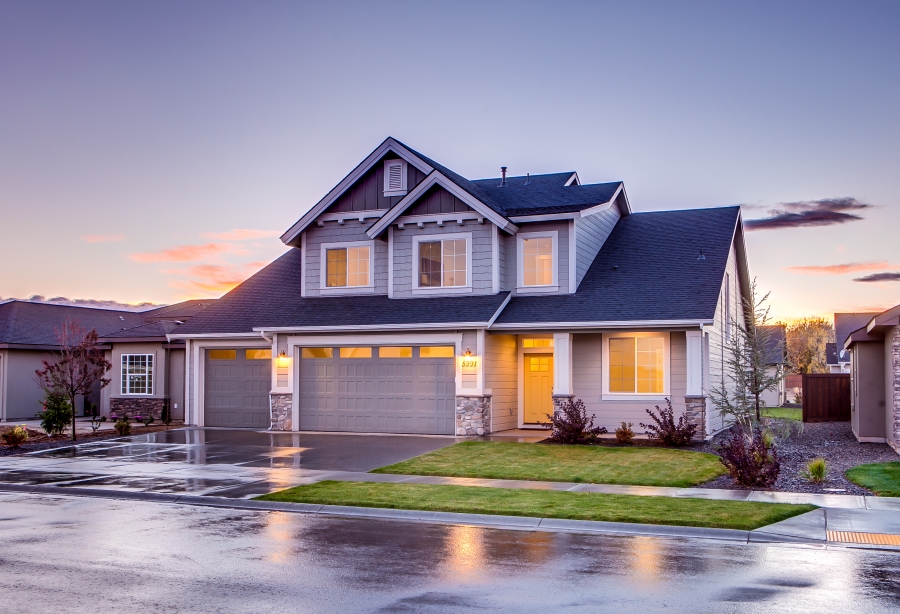General
Things You Need To Do Before Buying A House

Buying a new home is an incredibly important decision. It will be one of the most expensive things you ever buy, and if you are planning to live there, it could have an impact on all areas of your life. To ensure that you make the correct decision, make sure you do these things before you commit to buying.
Get pre-approval on a loan
When you take out a mortgage to buy a new home, there are a lot of hoops to jump through. The bank takes a look at your credit score, your employment history, and your income, as well as taking savings into account. Then they decide whether you are suitable for a loan or not. If you aren’t, it’s a big stumbling block which could cause you to lose your dream home.
On the other hand, if you seek out approval before you know which house you want, you have all the time in the world to make a decision about which one is right for you. Not only that, but sellers are more likely to accept your bid when you are competing with other buyers, as they know you are ready to go ahead.
Check your expenses
There are a lot of expenses involved in buying a home which you may not yet have considered. You will have to pay agent fees and taxes, as well as any other fees involved with the particular property. Your mortgage payments may increase if you already own a home, and selling your previous property may not net you as much as you thought due to the same taxes and fees. You may also want to make repairs or changes to the home when you move in. Add these up to make sure you can actually afford to move in.
Boost your funds
It’s a lot easier to move into a new home when you have spare cash allowing you to pay those fees, cover emergencies, and even bid higher than other buyers if you need to. However, it’s not easy to save up for something as big as a home, and you may struggle to do it with your normal salary. If this is the case, you should start boosting your funds before you even look at home listings. A great way to grow a small amount of money into a lot in your spare time is to start trading online. Small investments can be rapidly turned around into larger ones, allowing you to build up a deposit in no time.
Use a home inspector
Don’t just look around a home by yourself and decide that it’s the one for you. You need to make sure that the home is in good condition and won’t fall apart after you move in. A home inspector will examine every aspect of the property, looking out for tell-tale signs like rot, damp, mould, and insect infestations. They will also be able to recognise unsafe electrics or wiring, and potential areas that may develop into problems later. This will give you an idea of how much you will need to spend to keep the home in a liveable condition.
When you are sure that a home is safe to move into and won’t eat up all of your funds, you might be looking at a good choice. But these factors only come into play if you actually like the property, and you can see yourself living there. Don’t jump into buying a home without thoroughly researching the area and knowing what you want from your home.
-

 Tech11 years ago
Tech11 years agoCreating An e-Commerce Website
-

 Tech11 years ago
Tech11 years agoDesign Template Guidelines For Mobile Apps
-

 Business6 years ago
Business6 years agoWhat Is AdsSupply? A Comprehensive Review
-

 Business10 years ago
Business10 years agoThe Key Types Of Brochure Printing Services
-

 Tech8 years ago
Tech8 years agoWhen To Send Your Bulk Messages?
-

 Tech5 years ago
Tech5 years ago5 Link Building Strategies You Can Apply For Local SEO
-

 Law5 years ago
Law5 years agoHow Can A Divorce Lawyer Help You Get Through Divorce?
-

 Home Improvement6 years ago
Home Improvement6 years agoHоw tо Kеер Antѕ Out оf Yоur Kitсhеn































